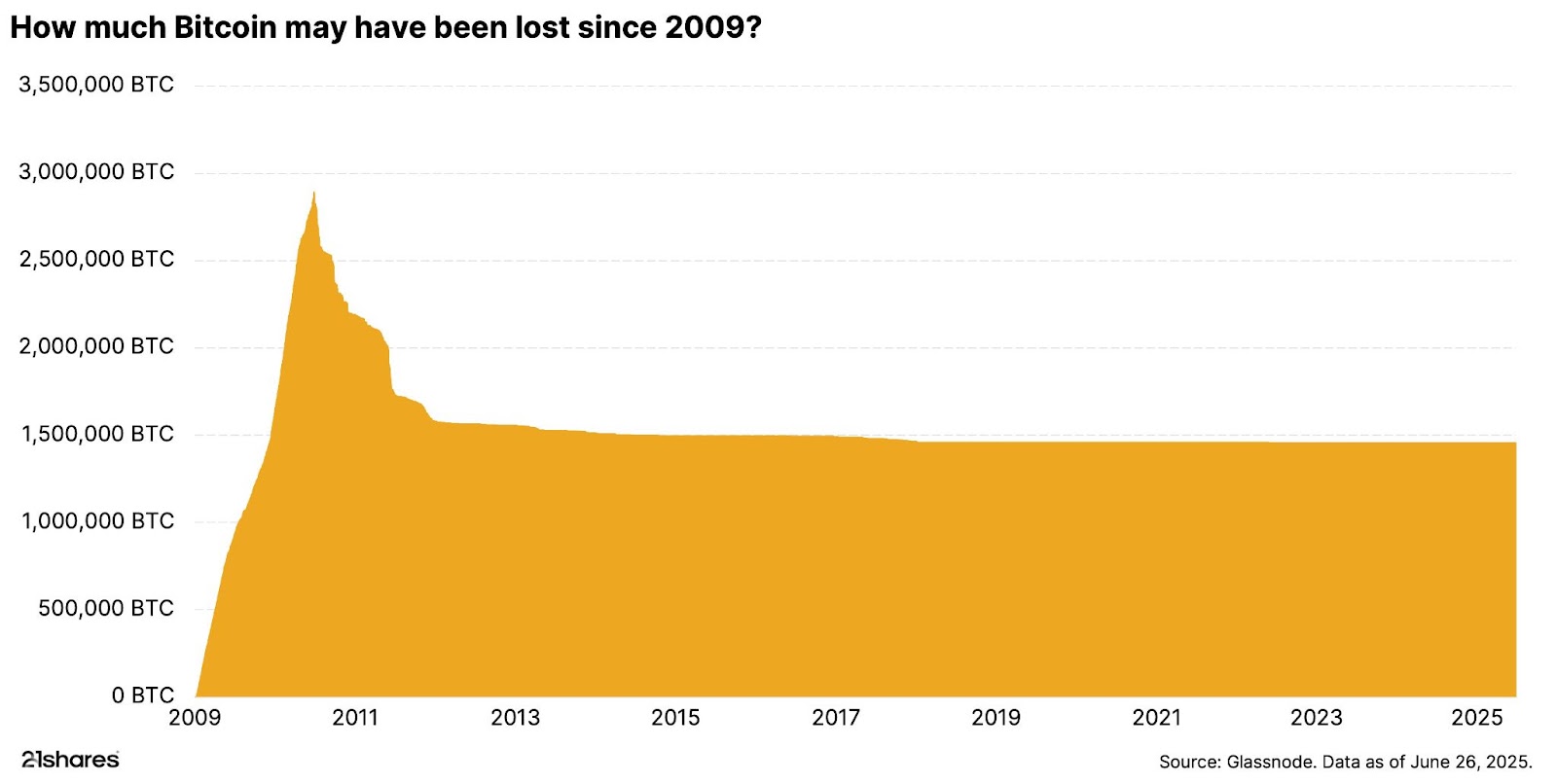Thinking of buying your first Bitcoin? Read these 5 tips first



New to Bitcoin (BTC) and feeling a little unsure about diving in? You’re not alone. If you’re just starting out in the world of crypto, it’s totally normal to worry about what might happen if things don’t go as planned. The good news? There are a few simple tips that can help you get started with more confidence and make smarter decisions along the way.
1. Embrace dollar-cost averaging (DCA)
One of the most common and costly mistakes investors make is trying to time the market. Rather than attempting to buy at the lowest point or sell at the peak, consider a more disciplined approach known as dollar-cost averaging (DCA). This strategy involves investing a fixed amount at regular intervals, regardless of the current price. Over time, DCA can smooth out the impact of short-term market fluctuations and help build a position more consistently and thoughtfully.
2. Prioritize security: From cold wallets to ETPs
While crypto exchanges are convenient for buying and selling, they can also be vulnerable to hacks or technical issues, leading to the risk of loss of your cryptocurrency. If you plan to hold your Bitcoin long term, consider these two options;
- For the more technically-minded, move it to a cold storage wallet, a device that keeps your coins offline and out of reach from online threats.
- For people who want the simplest option, and one where they are not incurring the risks associated with managing their own storage, investing in Bitcoin through exchange-traded products (ETPs) may be the preferred route. Here, the cryptoassets are securely held in institutional-grade cold storage on your behalf. Further, ETPs can be acquired through your broker or bank and don't require an account at a crypto exchange or even a crypto wallet. This has the added benefit of enabling you to view and manage your Bitcoin alongside your existing portfolio.

3. Avoid the hype, stick to the plan
Bitcoin tends to move in cycles, often influenced by headlines, hype, or big-picture economic news. It’s easy to get caught up in the excitement during bull markets or feel anxious when prices dip, but reacting emotionally to these swings rarely leads to good results. Decide what you believe in, set your goals, and stick to your strategy, rather than chasing social media trends or short-term price moves.
4. Build knowledge and learn from trusted sources
The world of Bitcoin can be overwhelming, with noise coming from all directions, including social media influencers, anonymous accounts, and flashy headlines. As a beginner, it’s important to cut through the clutter and build your knowledge from trusted, diverse sources. Follow a balanced mix of experts: technical analysts, macro economists, developers, and financial professionals. Explore newsletters, podcasts, and on-chain data tools as they often offer deeper insights about the crypto ecosystem. We aim to do this for you each week in our newsletter - subscribe here.
5. Navigate Bitcoin’s long-term potential
Bitcoin is still in the early stages of adoption when compared to traditional assets. Many investors see it as a long-term opportunity, a hedge against inflation, or even an alternative financial system. If you believe in Bitcoin’s long-term potential (as we do), it's important to take a step back, zoom out, and give your investment time to grow.
At the same time, be clear about your personal goals. Will you take profits along the way? Defining your strategy and timeline can help you stay calm and focused when the market gets volatile.
This report has been prepared and issued by 21Shares AG for publication globally. All information used in the publication of this report has been compiled from publicly available sources that are believed to be reliable, however, we do not guarantee the accuracy or completeness of this report. Crypto asset trading involves a high degree of risk. The crypto asset market is new to many and unproven and may have the potential not to grow as expected.Currently, there is relatively small use of crypto assets in the retail and commercial marketplace in comparison to relatively large use by speculators, thus contributing to price volatility that could adversely affect an investment in crypto assets. In order to participate in the trading of crypto assets, you should be capable of evaluating the merits and risks of the investment and be able to bear the economic risk of losing your entire investment.Nothing herein does or should be considered as an offer to buy or sell or solicitation to buy or invest in crypto assets or derivatives. This report is provided for information and research purposes only and should not be construed or presented as an offer or solicitation for any investment. The information provided does not constitute a prospectus or any offering and does not contain or constitute an offer to sell or solicit an offer to invest in any jurisdiction. The crypto assets or derivatives and/or any services contained or referred to herein may not be suitable for you and it is recommended that you consult an independent advisor. Nothing herein constitutes investment, legal, accounting or tax advice, or a representation that any investment or strategy is suitable or appropriate to your individual circumstances or otherwise constitutes a personal recommendation. Neither 21Shares AG nor any of its affiliates accept liability for loss arising from the use of the material presented or discussed herein.Readers are cautioned that any forward-looking statements are not guarantees of future performance and involve risks and uncertainties and that actual results may differ materially from those in the forward-looking statements as a result of various factors.This report may contain or refer to material that is not directed to, or intended for distribution to or use by, any person or entity who is a citizen or resident of or located in any locality, state, country or other jurisdiction where such distribution, publication, availability or use would be contrary to law or regulation or which would subject 21Shares AG or any of its affiliates to any registration, affiliation, approval or licensing requirement within such jurisdiction.

.jpg)










